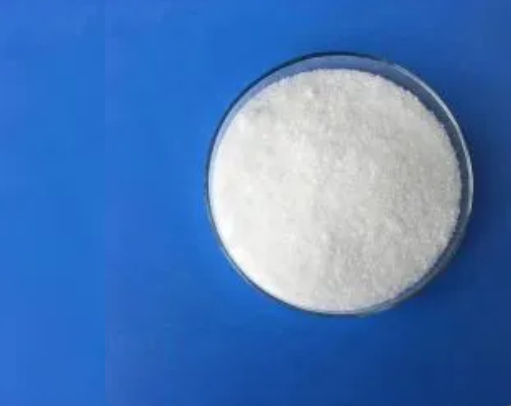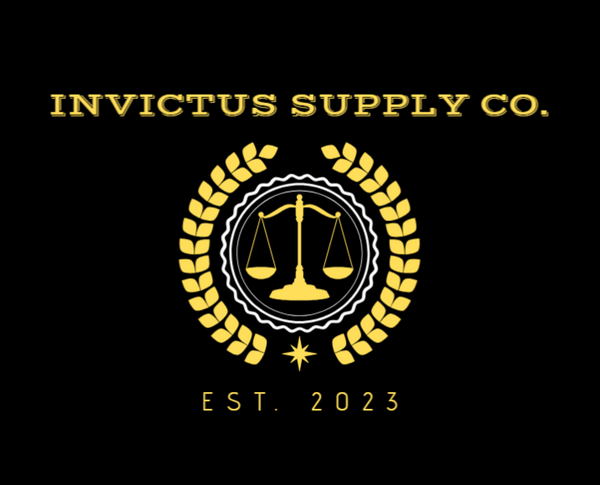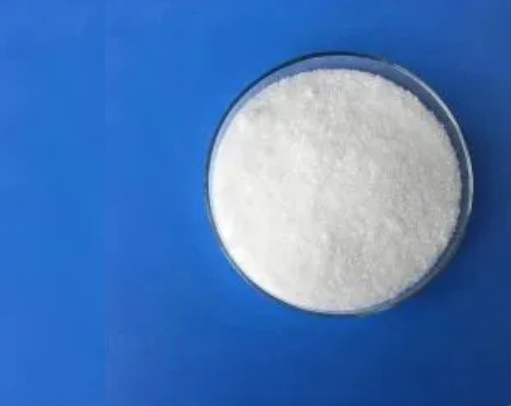Invictus Supply Co.
1 LB Sodium Tetraborate (Borax) Powder 99+% Purity
1 LB Sodium Tetraborate (Borax) Powder 99+% Purity
Couldn't load pickup availability
Borax, a naturally occurring mineral also known as sodium tetraborate, has a wide range of household and industrial applications. It is commonly used as a household cleaner, laundry booster, and pest control agent.
In the laundry room, borax helps whiten whites, brighten colors, soften hard water, neutralize odors, and remove stains.
It can be added directly to the washing machine drum or used to make homemade laundry detergent by combining it with soap flakes, baking soda, and washing soda.
For cleaning, borax is effective on various surfaces. It can be used to clean and disinfect bathroom fixtures, including toilets, showers, and sinks, by dissolving it in water or combining it with vinegar or lemon juice to create a paste for scrubbing.
It removes soap scum, hard water stains, mildew, and rust.
A solution of borax and water can clean grout, while a paste made with borax and lemon juice or vinegar can tackle stains on porcelain sinks, stainless steel, and countertops.
For floors, mixing two tablespoons of borax with a gallon of warm water creates a suitable mop solution for vinyl or tile surfaces.
Borax is also used for cleaning and deodorizing carpets and mattresses by sprinkling it on the surface, letting it sit for an hour or two, and then vacuuming it up.
It can freshen garbage disposals and unclog slow drains; for instance, pouring three tablespoons of borax down the disposal followed by hot water, or using a mixture of half a cup of borax and two cups of boiling water for greasy kitchen drains.
It can also clean dishwashers by sprinkling it on the bottom and scrubbing with a damp brush before running a cycle.
In pest control, borax acts as an insecticide and repellent. It is effective against ants, cockroaches, bed bugs, and other pests.
A common method involves mixing one part borax with three parts sugar to create a bait that attracts ants; the borax is toxic to them when ingested.
For roaches, sprinkling borax in areas where they are seen can have a dehydrating and poisoning effect.
In gardening, borax can be used as a micronutrient fertilizer to supply boron to plants, which helps prevent boron-deficiency diseases in crops like celery, turnips, apples, and sugar beets.
It can also be used as a herbicide to kill weeds, particularly in non-garden areas like driveways and sidewalks, by mixing one cup of borax with a gallon of water and applying it directly to the weeds.
However, it should not be used in gardens where it might interfere with crop growth.
Borax has additional uses in personal care and crafts. It is used in cosmetics as an emulsifier, preservative, and buffering agent in products like lotions, shampoos, and bath bombs.
It is also an ingredient in making "slime" for children, although safer alternatives like cornstarch are available.
Furthermore, borax can preserve cut flowers by adding a tablespoon to the water in a vase.
Despite its versatility, borax should be handled with caution. It is toxic if ingested and can cause nausea, vomiting, diarrhea, and more severe health issues with large amounts.
It can irritate the skin, eyes, and respiratory system, so wearing gloves and using it in a well-ventilated area is recommended.
It should be kept out of reach of children and pets.
Share


